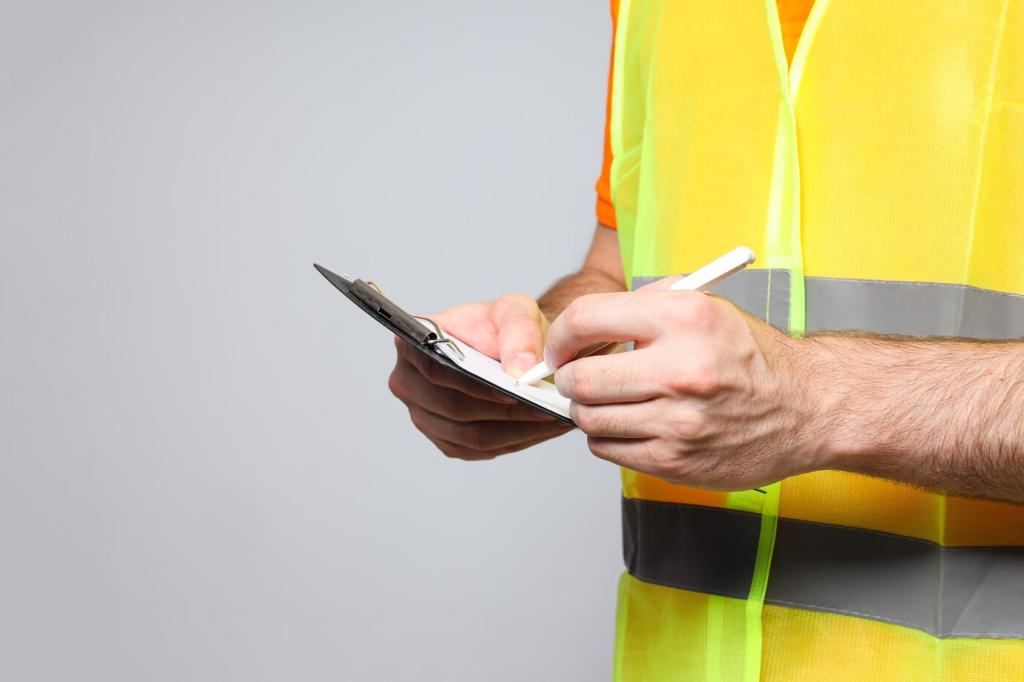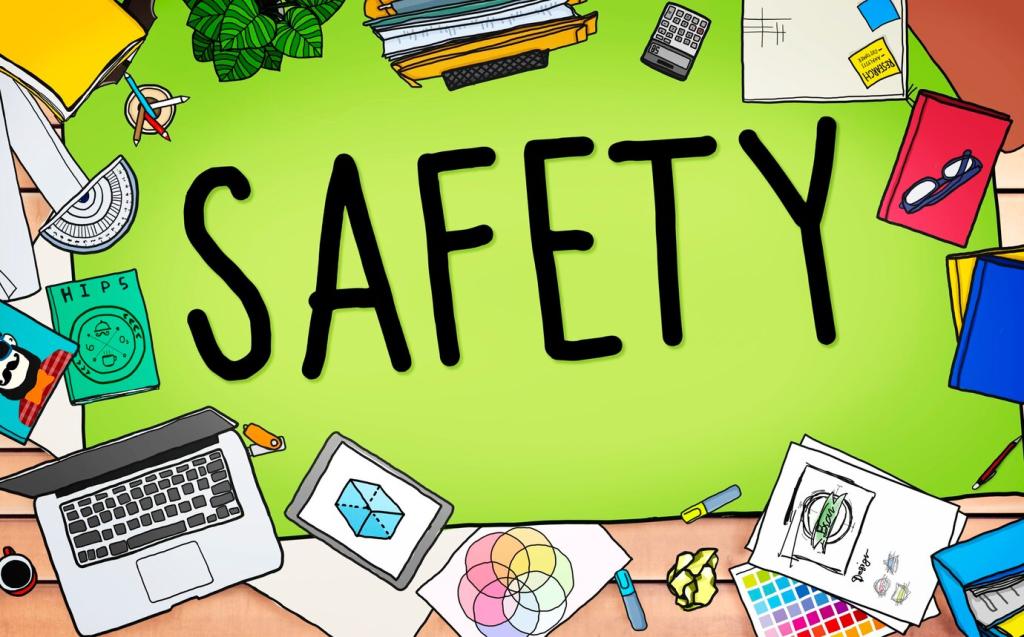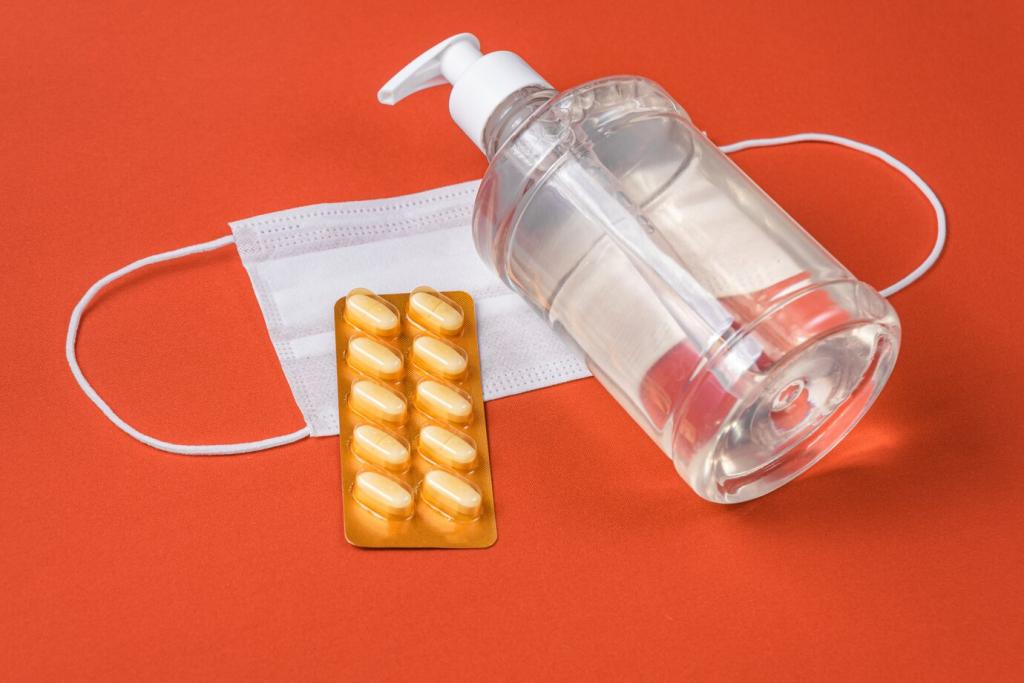
Digital vs. Mechanical Locks on Home Safes: The Choice That Shapes Your Peace of Mind
Today’s chosen theme: Digital vs. Mechanical Locks on Home Safes. Explore how keypad speed compares to dial dependability, what real security ratings mean, and the maintenance habits that keep access smooth. Share your experience in the comments and subscribe for upcoming deep dives and expert interviews.
Speed, Convenience, and Everyday Routines
01
In late-night emergencies, a backlit keypad can grant entry in seconds, even when groggy. A dial can feel slow when adrenaline spikes, yet practiced users memorize the rhythm so well that the ritual itself calms nerves and prevents overspinning under stress.
02
Electronic locks rely on batteries; quality units warn early and often accept external power in a pinch. Mechanical locks never need batteries, but human error—mis-dials, overspins, or rushing—can slow you down. Routine practice reduces fumbling and protects precious seconds when they matter most.
03
Keypads suit multi-user households, temporary codes, and frequent openings. Dials reward patient, precise users and infrequent access. Think about morning chaos versus weekend quiet. Your everyday soundtrack often predicts whether fast taps or deliberate turns will feel better for years.
Security Strengths and Weak Points
Mechanical manipulation takes skill, time, and patience; electronic probing targets weak circuits or poor implementations. Quality safes and locks counter with hardened components, relockers, time delays, and failed-attempt lockouts that soak up minutes and raise the attacker’s risk profile significantly.
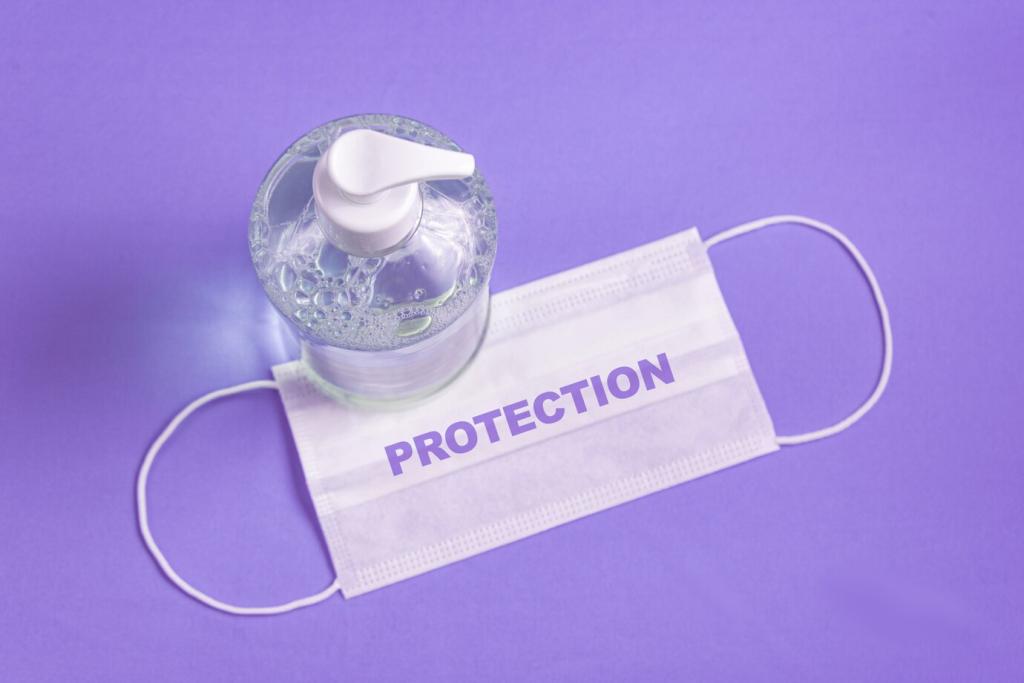
Reliability, Maintenance, and Lifespan
Power, Climate, and Care
For electronic locks, use fresh, high-quality alkaline batteries and change them on a schedule, not just when warnings chirp. For both types, control humidity with desiccants and avoid slamming the door, since shock can stress bolt work and shorten long-term reliability significantly.

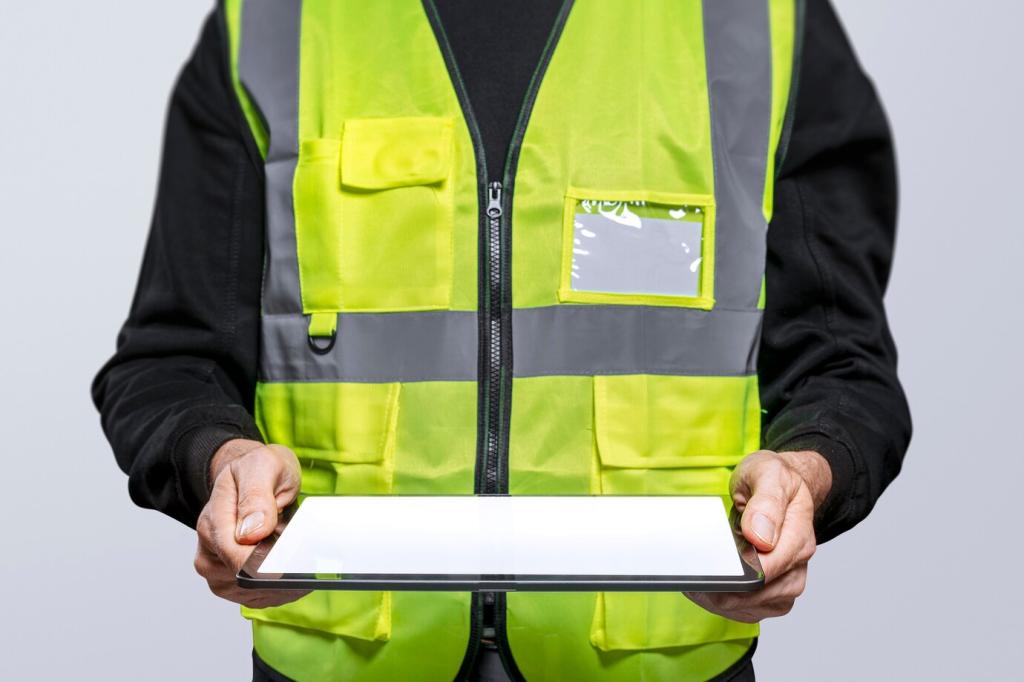
Mechanics Need Gentle Precision
Mechanical dials appreciate smooth, deliberate spins and occasional professional inspection. A qualified technician can confirm tolerances, adjust the fence, and replace worn parts long before failure. Treat the dial like an instrument, and it will repay you with decades of dependable service.
Use Cases and Stories from Real Homes
When a parent needed an inhaler at 2 a.m., a backlit keypad opened fast without switching on bright lights. Monthly practice kept the code fresh. Their takeaway was simple: speed under pressure outweighed the charm of a dial for this season of family life.
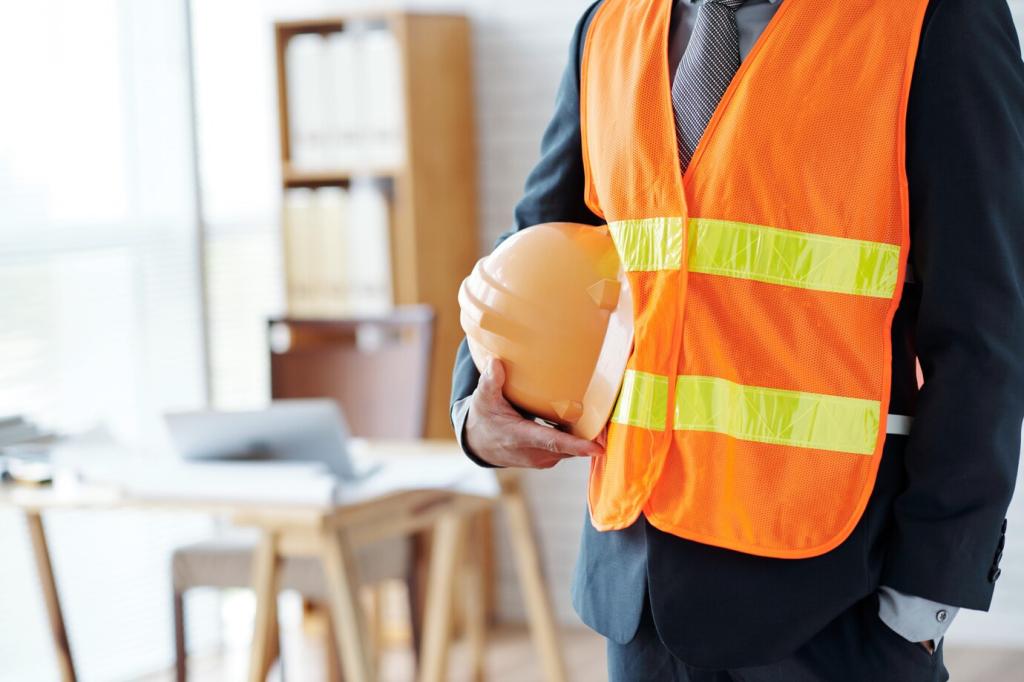
Electronic locks may cost slightly more upfront and require periodic batteries; mechanical locks may need occasional adjustment over decades. Either way, scheduled maintenance is cheaper than emergency drilling, which risks cosmetic damage and costs far more than preventive care.
Cost, Value, and Total Ownership
Deciding with Confidence
How often will you open the safe, and under what stress? If quick, frequent access matters, lean digital. If deliberate, occasional access fits your rhythm, a mechanical dial can be a pleasure rather than a hurdle you dread.
Deciding with Confidence
Is your space humid, very cold, or power unstable? Favor designs that thrive in local conditions. Ask about external power ports for electronic locks and weather tolerance for both, especially if the safe lives in a garage, basement, or weekend cabin.
